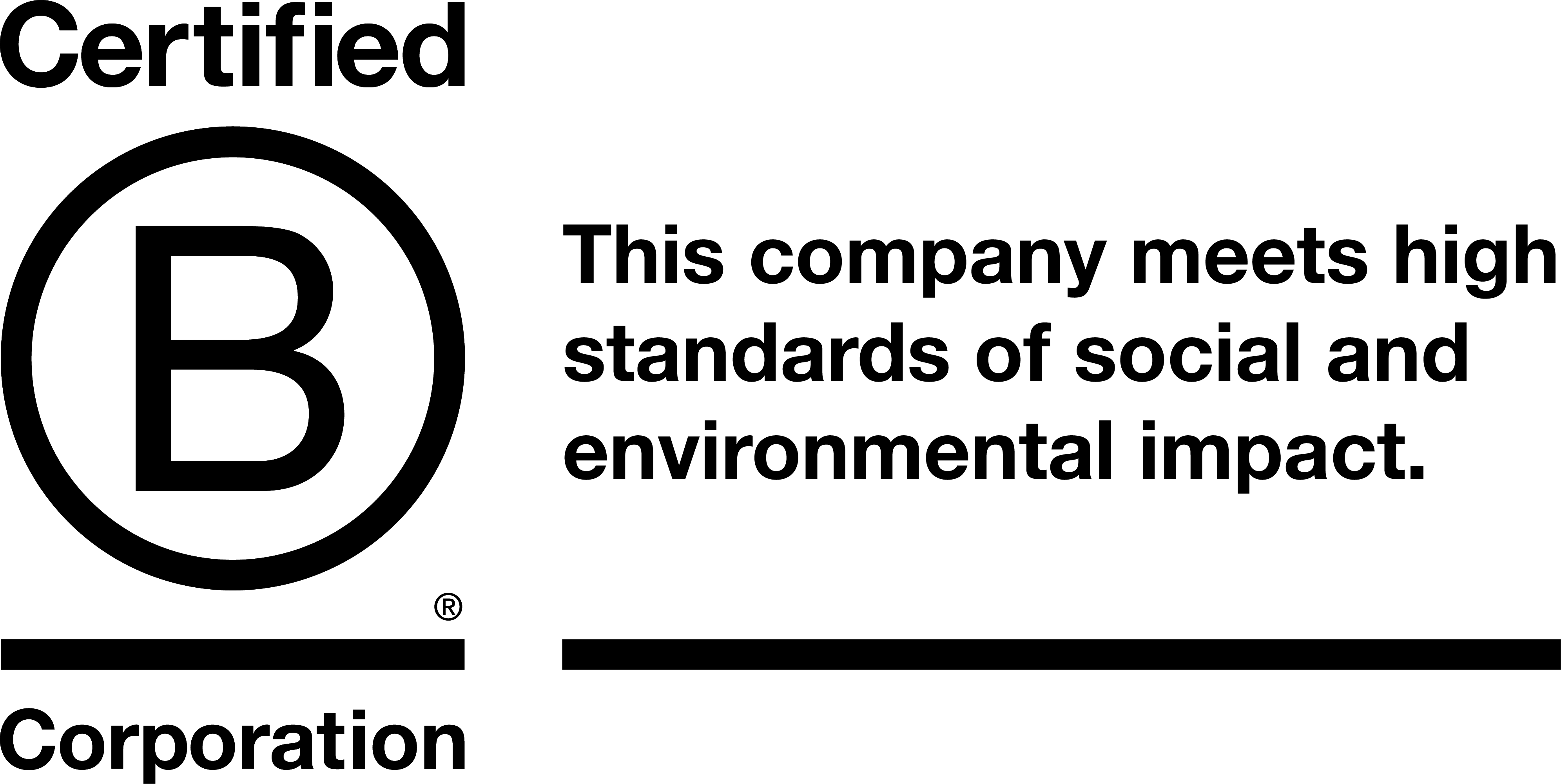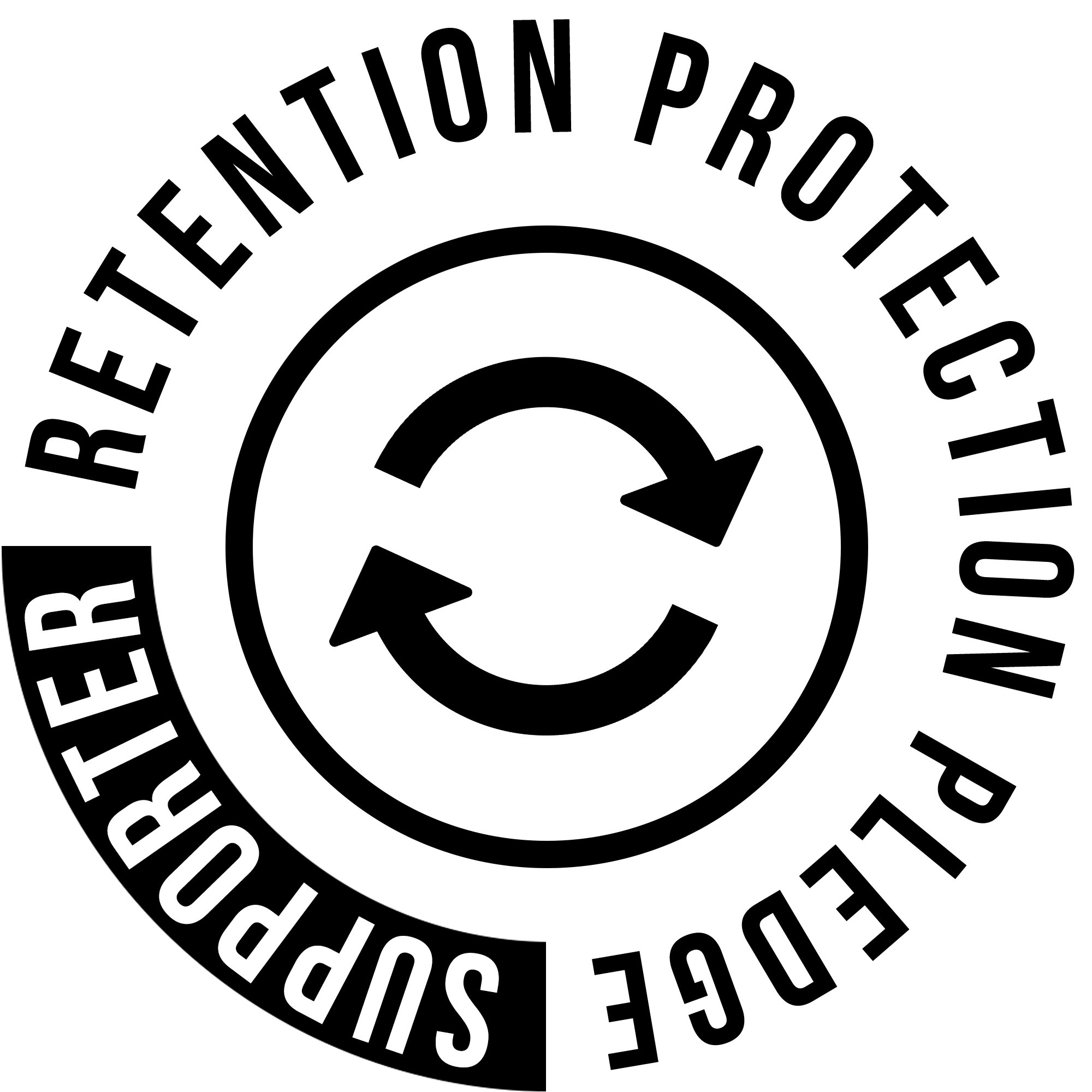UK Escrow Accounts

Overview
What is Escrow?
An escrow account is a secure, independent account used to hold funds while agreed conditions are satisfied.
Instead of money being paid directly between parties, funds are paid into escrow and released only when the agreed conditions are met. These could be anything from providing proof of purchase of something, releasing a charge, satisfying an external surveyor, or simply the passage of time or non-occurrence of something during a fixed period.
Escrow is used where timing, trust or risk means it is not appropriate for one party to hold or control the funds.
Who is Escrow suitable for?
Escrow accounts are suitable for individuals, businesses and organisations involved in transactions or arrangements where funds need to be protected temporarily.
They are commonly used where parties do not fully trust each other, in order to secure certain regulatory approvals, where obligations are conditional, or where funds must be ring-fenced for a specific purpose.
Lawyers, advisors and professionals often recommend escrow where neutrality and clarity are important.
Is Escrow a thing in the UK?
Yes, absolutely. Although escrow services are less rare in the UK than, say, the USA, they are very much a thing and carried out by a small number of specialist escrow providers, trustees and banks.
In UK property transactions, conveyancers use “undertakings” (binding legal promises between solicitors) instead of third-party escrow accounts - this is efficient, regulated, and standard practice.
But in commercial, construction, M&A, or bespoke finance deals, UK escrow is very much a thing - provided by specialist, FCA-authorised escrow agents like us, banks, or trustees for added neutrality and protection.
When is Escrow typically used?
Escrow accounts are typically used when payment and performance do not happen at the same time.
This may include situations where delivery, certification, approval or confirmation must occur before funds are released. It may also include situations where funds need to be held pending agreement, determination or completion of a process.
Escrow can be used for short-term arrangements or for obligations that run over long periods.
How does Escrow compare to bonds or insurance?
Escrow involves holding real money, independently and in advance, so that payment does not depend on a future claim being accepted.
Bonds and insurance rely on a third party promising to pay later, subject to conditions, exclusions and their own financial capacity at the time of claim.
dospay Escrow
Bonds / Insurance
Benefits & Outcomes
↑ Back to TopChallenges Addressed
Many transactions involve risk around payment timing, performance or enforceability.
One party may be reluctant to pay too early. The other may be unwilling to perform without confidence that funds are available. Holding funds directly can create mistrust or expose money to insolvency or misuse.
Escrow addresses these challenges by removing control of the funds from both parties and placing them with a neutral third party.
Primary Benefits
The primary benefit of escrow is neutrality.
Funds are held independently and cannot be accessed unless the agreed conditions are met. This reduces reliance on trust and avoids disputes about control of money.
Escrow also provides clarity. Everyone knows where the funds are, what they are for and when they will be released.
Benefits for parties providing funds
For the party paying money into escrow, funds remain protected until performance or conditions are confirmed.
Escrow avoids irreversible payment and reduces exposure if the other party fails to perform, becomes insolvent or delays.
This can make it easier to proceed with transactions that might otherwise stall.
Benefits for parties receiving funds
For the party expecting to receive funds, escrow provides assurance that money is available and committed.
Once the agreed conditions are met, funds can be released promptly without further negotiation or enforcement.
This supports confidence and reduces payment risk.
Benefits for advisors and stakeholders
For lawyers, advisors and other professionals, escrow provides a clear and defensible structure.
It reduces the need for advisors to hold client money directly and creates a transparent audit trail.
Escrow can also simplify complex arrangements by separating payment mechanics from substantive rights.
Our Digital Escrow Portal
Bespoke Escrow
Types of Escrow Account
Escrow accounts can be structured in many different ways, depending on the purpose and the conditions involved. There is no single standard model.
Escrow may be used to hold a single payment, staged payments, deposits, security sums or funds linked to future events.
The structure is designed around the underlying transaction rather than the escrow itself.
Can Escrow Accounts be Tailored or Combined?
Yes. Escrow arrangements are almost always tailored.
Release conditions, timing and evidence requirements can be adjusted to reflect the specific risks and obligations involved.
Escrow can also be combined with other arrangements, such as guarantees, insurance or professional certification, where appropriate.
Construction Escrow
Construction projects are unusual in that large sums of money are committed long before the finished work exists. Employers often pay for mobilisation, materials or off-site manufacture months in advance, while contractors and subcontractors routinely carry labour and supply costs before being paid. This creates a natural imbalance between when money moves and when value is delivered.
Corporate / M&A Escrow
Corporate transactions often involve large sums of money changing hands at moments of heightened uncertainty. From early negotiations through to completion and beyond, parties are required to make financial commitments while relying on representations, warranties and future performance that cannot always be verified immediately.
Real Estate Escrow
Real estate transactions often involve very large sums of money moving at specific points in time, sometimes before all conditions are fully resolved. Whether the transaction relates to land, development property or investment assets, the financial exposure can be significant for buyers, sellers and developers alike.
Private Client / Family Office Escrow
Private clients often engage in transactions that are high in value but personal in nature. Property acquisitions, major refurbishments, asset purchases, family arrangements and lifestyle expenditure can all involve substantial sums, yet are frequently managed outside the structures used in corporate or institutional settings.
Legal Services / Dispute Resolution Escrow
Legal matters and disputes often involve funds that need to be held while rights, liabilities or outcomes are still being determined. This can arise in litigation, arbitration, settlement negotiations or transactional matters with post-completion obligations. At these stages, trust between parties is often limited, even where advisers are experienced and acting properly.
Marine Escrow
Marine transactions are often infrequent but highly significant events. Whether the transaction involves the purchase of a vessel, a new build, a major refit or a charter arrangement, the sums involved are substantial and the consequences of something going wrong can be serious.
Aviation Escrow
Aviation transactions are typically high in value, time-sensitive and international in nature. Whether the transaction involves the purchase or sale of an aircraft, a lease arrangement or the pre-purchase of flight hours, significant sums of money often change hands well before the aircraft is delivered or operated.
Low- and Zero-Cost Schemes
↑ Back to TopUK Security for Expenses Scheme
Deposit your Party Wall Security for Expenses, free of charge, at the Bank of England. As safe as houses. Secure, FCA-regulated service with Bank of England deposits.
UK Security for Expenses Scheme
UK Retention Deposit Scheme
We hold construction retentions, free of charge at the Bank of England for the whole supply chain. Secure, FCA-regulated service with Bank of England deposits.
UK Retention Deposit Scheme
How Escrow Works
How does Escrow work in practice?
In practice, escrow works by separating payment from performance.
Funds are paid into escrow and held while the agreed conditions are satisfied. When the conditions are met, funds are released. If they are not met, the funds remain held or are returned in accordance with the agreement.
The escrow agent follows the agreed process and does not exercise discretion beyond the escrow terms.
How does the escrow interact with the underlying contract?
Escrow accounts do not replace the underlying contract or agreement between the parties.
The contract governs the parties’ rights and obligations. The escrow agreement governs only how funds are held and when they may be released.
The escrow agent does not decide disputes or interpret contracts. It holds and releases funds strictly in line with the agreed escrow terms.
Who can give instructions to the escrow agent?
Only parties authorised under the escrow agreement can give instructions to the escrow agent. This is agreed at the outset and documented clearly.
Instructions are usually tied to specific events, such as the issue of a certificate, confirmation of a milestone or the occurrence of a payment default. The escrow agent checks that the instruction matches the agreed conditions before acting.
This approach ensures that payments are controlled, predictable and not dependent on informal requests or unilateral decisions by one party.
What does the whole process look like?
- Funds are paid into escrow.
- Conditions are satisfied or assessed.
- Funds are released or returned.
This simple structure is what makes escrow reliable across many different use cases.
Setting up an Escrow Account
How do I open an Escrow account?
Setting up an escrow account starts with understanding the transaction and the conditions for release.
An escrow agreement is prepared setting out how funds will be held and released.
Account opening and onboarding are carried out so the account is ready when funds need to be paid in.
How long does it typically take?
Timing depends on the complexity of the parties and the arrangement.
For straightforward structures, account opening can usually be completed within a short period (even on the same day) once information is provided.
Delays are usually caused by missing onboarding information rather than the escrow process itself.
What information is required?
Standard onboarding checks are required.
This includes confirming identity, ownership and control of any entities involved, and the source of funds.
We also need a clear description of the escrow purpose and release conditions.
Account Opening Checklist
In order to open an escrow account, what is typically required is:
- Details of the parties
- Identification information
- Ownership and control details
- Source of funds information
- Summary of the underlying transaction or obligation
- Agreed release conditions
If we require any other information, we'll let you know when we give you your quote.
Funding, Payment & Releases
How is the Escrow account funded?
Escrow accounts are funded by the party providing the funds under the agreement.
Funds may be paid in a single amount or in stages, depending on the arrangement.
Once paid in, funds are ring-fenced for the agreed purpose.
How are payments and releases authorised?
Funds are released only when the agreed conditions are met.
The escrow agreement specifies what evidence is required and who may authorise release.
When conditions are satisfied, funds are released promptly and in accordance with the agreement.
What happens if instructions are disputed or unclear?
If instructions are disputed or unclear, we will not release the funds.
Instead, the funds remain held safely in the escrow account while the parties follow the process set out in the escrow agreement. This may involve clarification, confirmation from an agreed third party, or the use of the dispute resolution process under the underlying contract.
This approach protects both parties. It ensures that money is not released prematurely and that funds remain available once the position is resolved.
What happens if a party becomes insolvent?
If a party to the underyling contract becomes insolvent, we continue to operate under the escrow agreement.
Because the funds are held in escrow and not in the control of either party, they are protected from being used for other purposes. We will follow the agreed instructions and any applicable insolvency process, as set out in the escrow agreement.
In practice, this can provide greater certainty than relying on funds held directly by one of the parties, particularly where payment timing or entitlement is being considered as part of an insolvency situation.
What happens if DOS & Co. becomes insolvent?
All escrow funds are segregated (kept separate from our own funds), safeguarded (protected by law from our own creditors) and kept liquid and unencumbered at the Bank of England. In the event of our insolvency, we have set aside regulatory capital that will be used by our administrators to 'unwind' our affairs - this will usually involve working with the parties to agree the identity of a new escrow agent who will 'step in' to carry out our obligations under the escrow agreement.
Safeguards, Limits & Regulation
Where are funds held and how are they protected?
Funds paid into an escrow account are held separately from the money of the parties and separately from our own funds. They are not mixed with operational accounts.
All of our escrow funds are held liquid and unencumbered at the Bank of England. This means that there is no counterparty risk (the bank does not lend out funds, so a 'run on the bank' is not possible).
The escrow account is set up specifically for the purposes agreed in the escrow agreement. Funds can only be used in line with that agreement and cannot be applied for any other purpose.
This separation helps protect the funds if something goes wrong elsewhere. For example, the funds are not available to the creditors of the Employer, the Contractor, us, or the underlying bank. They remain ring-fenced for the project until they are released in accordance with the agreed conditions.
How is the service regulated?
We are regulated by the Financial Conduct Authority for the provision of payment services. This means we are required to meet regulatory standards around governance, systems, controls and the handling of client funds.
Where escrow arrangements involve regulated payment activity, those activities are carried out within that regulatory framework. Other aspects of escrow are contractual in nature and governed by the escrow agreement between us and the parties.
In practical terms, this combination of regulation and contract provides structure and oversight, while still allowing escrow arrangements to be tailored to the needs of a specific matter or project.
What are the limits of the service?
Escrow is designed to hold, protect and release funds in line with agreed conditions. It does not decide who is right or wrong in a dispute.
We do not interpret the underlying contract, assess the quality of anything done or delivered under that underlying contract, or replace the role of a contract administrator, adjudicator or court. If there is a dispute, the funds remain held while the parties follow the agreed dispute resolution process.
The escrow arrangement also does not remove the need for a properly drafted underlying contract. It supports that contract by providing a clear and neutral payment mechanism, but it does not change the parties’ underlying rights or obligations.
Commercials, Support & Next Steps
How does pricing work and what does it cover?
Escrow pricing depends on the structure, value and duration of the escrow arrangement. There is no single fixed fee, as projects and payment flows vary.
Pricing usually reflects three main elements. First, the work involved in setting up the escrow arrangement, including compliance, onboarding and preparation of the escrow agreement. Second, the ongoing administration of the escrow account while funds are held. Third, the handling of payments or releases during the life of the project.
What pricing covers is the independent holding of funds, administration of agreed payment mechanics, record-keeping, reporting, all bank fees and support throughout the project. It does not cover legal advice, contract administration or dispute resolution, which remain the responsibility of the parties and their advisors.
What happens if something goes wrong?
If something goes wrong, the escrow arrangement provides a clear framework for dealing with it.
If there is a mistake, delay or disagreement about instructions, funds remain safely held in escrow while the issue is addressed. We follow the process set out in the escrow agreement and do not release funds unless and until the agreed conditions are met.
If a party has a concern about how the escrow account is being operated, we have a formal complaints process. This allows issues to be raised, reviewed and resolved in a structured way, with escalation routes available if needed.
Why use dospay for Construction Escrow?
We are a specialist provider focused on escrow and managed payment arrangements. Escrow is not an add-on to another service. It is a core part of what we do.
Escrow funds are held securely and separately, with infrastructure designed specifically for escrow rather than adapted from other uses. Account opening is handled efficiently, and escrow arrangements are administered through a dedicated digital escrow portal, giving authorised parties visibility and a clear audit trail.
Advisors often recommend dospay because we sit independently of the transaction, operate within a regulated framework, have a proven track record and focus on doing one thing well: Holding and administering escrow funds in a clear, neutral and predictable way.
FAQ's
What is the difference between an escrow and a payment service?
Who owns the money in an escrow account?
The depositor (principal) owns funds held in escrow. The escrow agent merely safeguards them and releases only when the agreed conditions are fulfilled.
Are escrow agents regulated in the UK?
Escrow agents in the UK don’t need specific licensing, but most are regulated anyway - because they also operate as solicitors, trustees, payment service providers, or banks.
How much does an escrow account cost?
Our escrow and third-party managed account fees start from a minimum of £5,000 + VAT. Pricing is tailored to each arrangement and typically includes compliance, agreement drafting or review, ongoing management, and a value-based escrow agent fee. See our pricing information.
Who pays escrow fees in a typical escrow transaction?
Typically, the buyer covers escrow fees - but often, both parties agree to split costs much like legal fees, as both benefit from the arrangement.
Do Escrow Accounts Earn Interest in the UK?
What is an escrow agreement?
Can I withdraw money from an escrow account?
No - you cannot unilaterally withdraw funds from an escrow account. The escrow agent holds the money in trust and is legally bound to release it only under the agreed conditions.
Articles about Escrow

What Is an Escrow Agent and Why Choosing the Right One Matters

What Is a Planning & Development Escrow Account and When Should It Be Used?

What is a Shipyard Escrow and why is it used?

What Is a Decommissioning Escrow Account and When Is It Needed?

Divorce Escrow: Holding funds during the sale of matrimonial assets

How Do I Find a (UK) Escrow Agent/Service?

Construction Escrow: A Contractor's Guide

Pensions in the Age of Market Uncertainty – Avoiding Trapped Surplus

Where to deposit party wall security for expenses

Enabling Construction Works for Overseas Clients through an Escrow Account




.jpeg)



